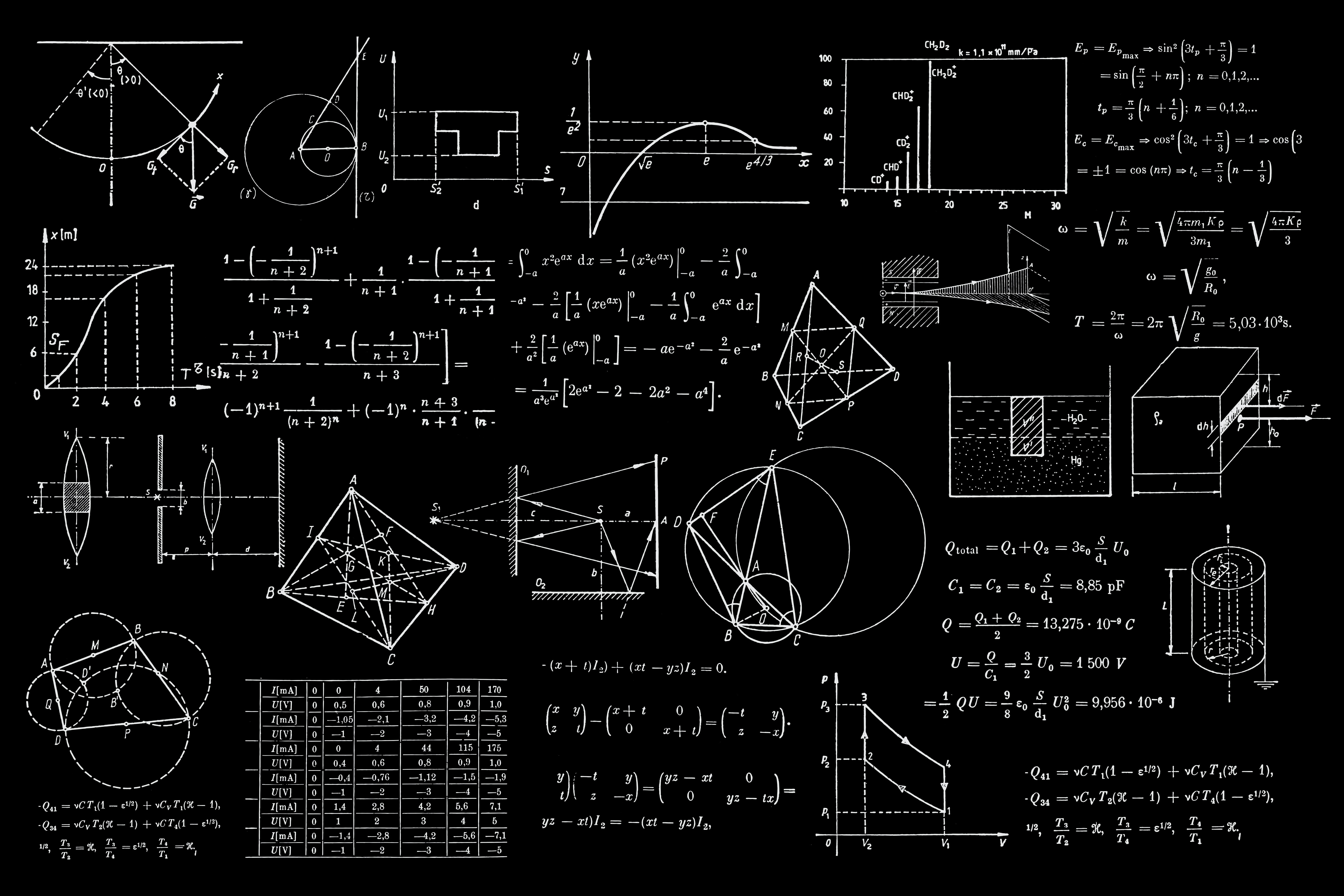Posted: 15 October 2021
“It’s coming Rome”

“It’s coming home,” the British were chanting while taking for granted that they’ll be the ones lifting the European Cup at the end of last summer’s football matches. “It’s coming Rome,” echoed the few thousand Italian supporters in the chilling silence of Wembley after Italy’s victory, thanks to the last penalty blocked by the goalkeeper Donnarumma.
In the same way, with a stadium banner, students from University La Sapienza in Rome have greeted their professor Giorgio Parisi after being awarded the Nobel prize for physics. An Italian national didn’t win this award since 2002. However, in 1986, the Nobel Prize for medicine was awarded to Rita Levi Montalcini. Before that, in 1984, the Nobel Prize for physics was awarded to Carlo Rubbia. Since then, the Prize hadn’t been awarded to a scientist who lived and carried research in Italy.
This year the work deemed worthy of “bringing great benefits to humanity,” giving this award, was related to theoretical and applied physics, which study complex systems connected to the atmosphere, to find a pattern in the apparent chaos that determines these same systems. The Nobel Prize has been shared between three scientists who contributed to the analysis of com- plex physical systems. Half of the Nobel Prize award was given to Mr. Parisi Syukuro Manabe from Princeton University. Mr. Klaus Hasselmann from the Max Planck Institute for Meteorology of Hamburg has been awarded for modelling terrestrial climate. He was able to “quantify the variability and predict accurately global warming.”
At the same time, Mr. Giorgio Parisi got his award for discovering “the interplay of disorder and fluctuations in physical systems from atomic to planetary scales” and the development of new methods to estimate their long-term behaviour. His mathematical discoveries have helped to explain some of the complex mechanisms of the earth’s climate, demonstrating climate modelling and the notion of global warming. He influenced other fields of study such as biology, neurosciences, and informatics to develop artificial intelligence.
This Nobel Prize couldn’t be more timely considering the sixth IPCC report on climate change and the upcoming climate summit of Glasgow that will join world leaders to discuss binding emission reductions goals and actions on how to achieve them. In the meantime, Giorgio Parisi has gone back home. He has not hidden his powerful human side from the interviews with national and international media outlets.
This further accomplishes and completes his genius mind that loves looking for order among the chaos and aims to simplify the complex systems that make up our reality and our world. He recalled how the possibility of having a Nobel-worthy publication slipped his fingers when he was 25, how the studies for which this Nobel Prize was awarded are almost 40 years old, how he likes writing fairy tales for children just to read them to his nephews and nieces and how he al- ways has been passionate about dance since a young age, from forrò, a typical Brazilian dance, to pizzica and sirtaki, the dance of Zorba the Greek.
He reminded his students and colleagues in Italy’s research centres that he wanted to re- main in his country. There is an everlasting need to fund and sustain scientific research in Italian universities.
Well, “It’s coming Rome.